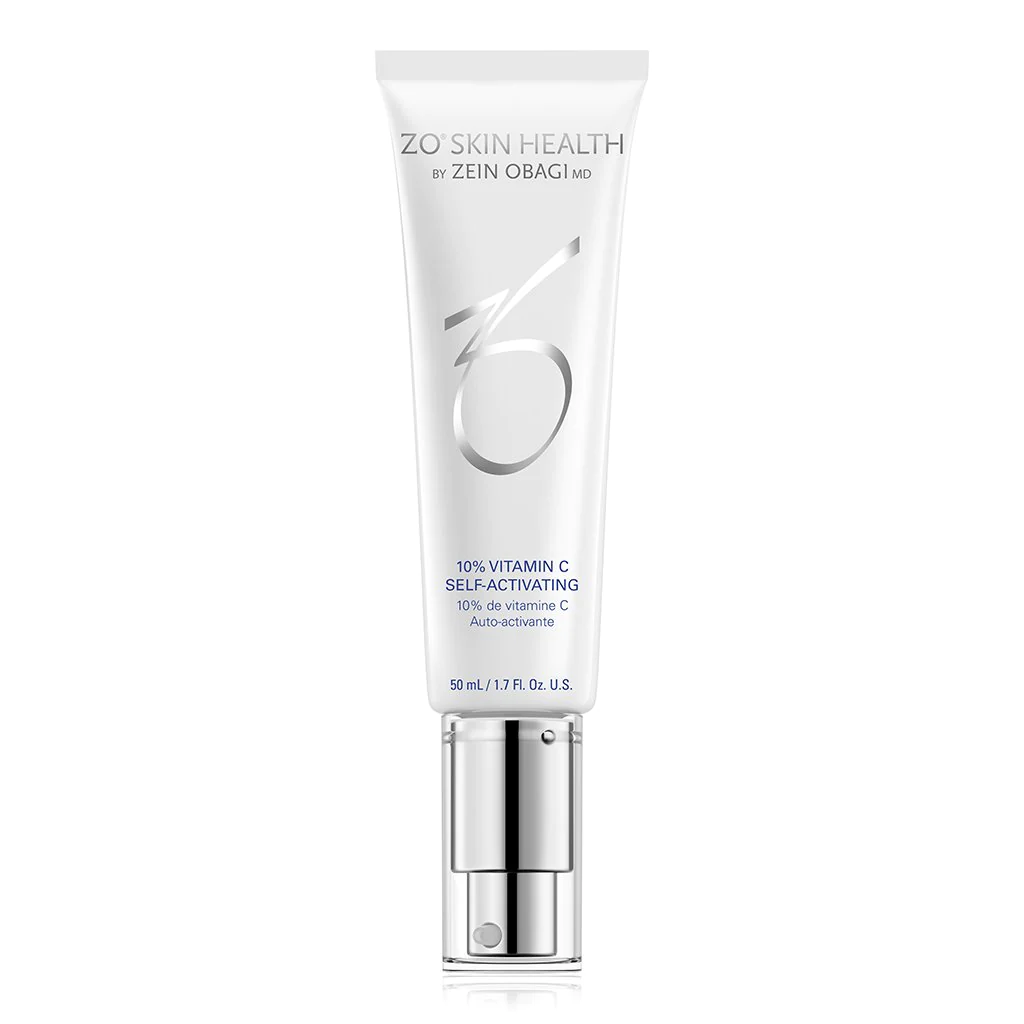Vitamin C, also known as ascorbic acid, offers numerous benefits for the skin. It is a powerful antioxidant that plays a crucial role in various skin functions and contributes to a healthier and more vibrant complexion. Here are some ways in which vitamin C helps the skin:
Antioxidant Protection:
Vitamin C is a potent antioxidant that helps protect the skin from damage caused by free radicals. Free radicals are unstable molecules generated by factors such as UV radiation, pollution, and oxidative stress. These molecules can damage collagen, elastin, and DNA, leading to premature aging, wrinkles, and dullness. By neutralizing free radicals, vitamin C helps prevent and reduce oxidative stress on the skin.
Collagen Synthesis:
Vitamin C is essential for the production of collagen, a protein that provides structure, firmness, and elasticity to the skin. It is involved in the conversion of proline to hydroxyproline, a key step in collagen synthesis. By supporting collagen production, vitamin C helps maintain skin strength, resilience, and a youthful appearance. It can help improve the appearance of fine lines, wrinkles, and sagging skin.
Brightening and Even Skin Tone:
Vitamin C has skin-brightening properties that can help fade hyperpigmentation and even out skin tone. It inhibits the enzyme responsible for melanin production, helping to reduce the appearance of dark spots, sunspots, and discoloration caused by sun exposure, acne scars, or hormonal changes. Regular use of vitamin C can result in a more radiant and uniform complexion.
Sun Damage Protection:
While vitamin C does not replace the need for sunscreen, it can provide some additional protection against the harmful effects of UV radiation. It helps to neutralize free radicals generated by UV exposure and minimizes the damage caused by oxidative stress. Incorporating vitamin C into your skincare routine alongside sunscreen can enhance the overall protection against sun damage.
Wound Healing:
Vitamin C plays a vital role in the synthesis of collagen, which is crucial for wound healing. It aids in the formation of new blood vessels, promotes tissue repair, and contributes to the overall healing process. Applying vitamin C topically to wounds or scars can assist in faster healing and minimizing the appearance of scars.
It’s worth noting that vitamin C is a relatively unstable compound that can degrade when exposed to air, light, or heat. To ensure its effectiveness, look for stabilized forms of vitamin C, such as L-ascorbic acid, ascorbyl palmitate, or sodium ascorbyl phosphate, in skincare products. Additionally, consult with a dermatologist or skincare professional to determine the most suitable concentration and formulation of vitamin C for your skin type and concerns.

